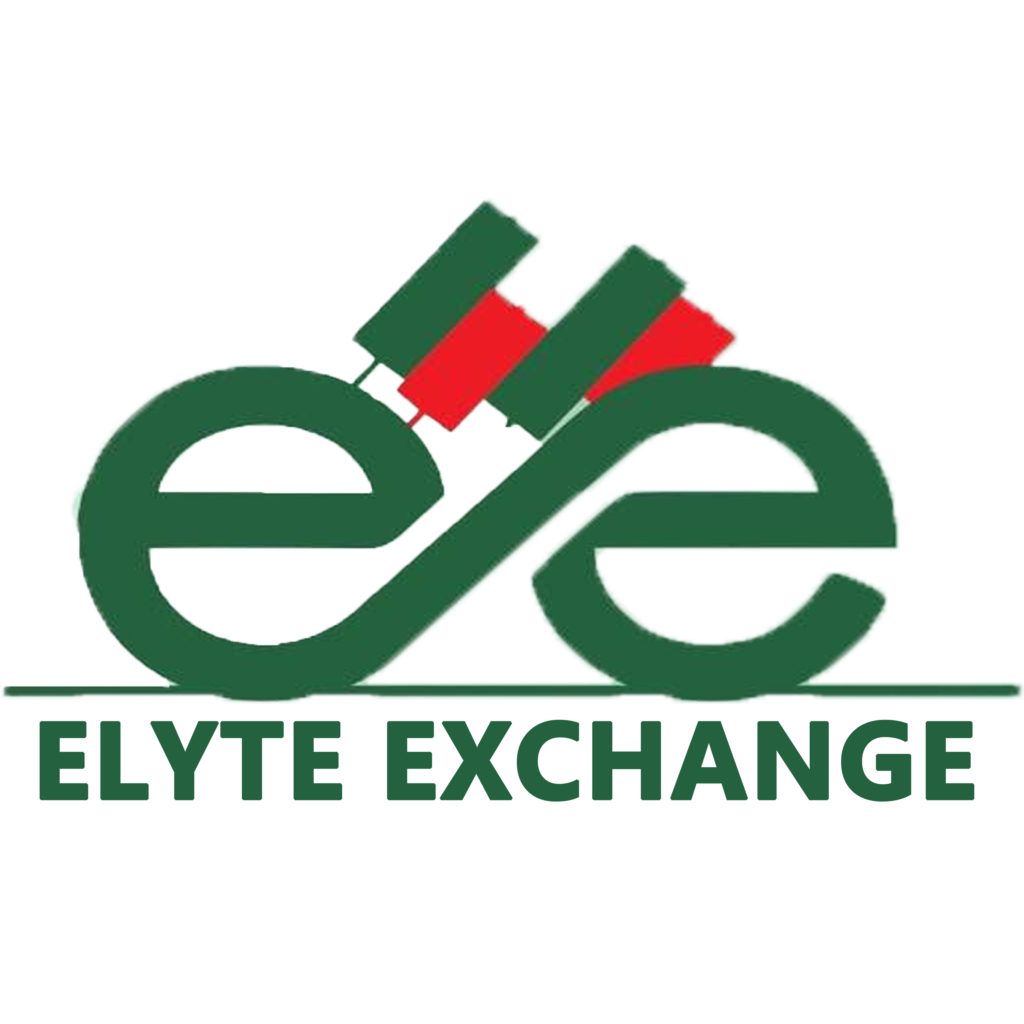What Are Cryptocurrency Exchange Platforms?
Cryptocurrency exchange platforms are digital marketplaces where individuals can buy, sell, and trade cryptocurrencies. These platforms are vital to the cryptocurrency ecosystem, providing a centralized or decentralized space for users to convert their digital assets into various cryptocurrencies or fiat currencies. They serve as intermediaries, facilitating transactions between buyers and sellers through an online interface that supports multiple actions, from creating accounts to executing trades.
There are three primary types of cryptocurrency exchange platforms: centralized, decentralized, and hybrid exchanges. Centralized exchanges (CEXs), such as Binance, Coinbase, and Kraken, act as trusted intermediaries, holding users’ funds and managing the trades on behalf of their users. These platforms are known for high liquidity, user-friendly interfaces, and robust customer support services. Coinbase, for example, is noted for its regulatory compliance and ease of use, attracting both beginner and advanced users. Binance is famous for its wide variety of supported cryptocurrencies and competitive trading fees.
Decentralized exchanges (DEXs) operate without a central authority, allowing users to trade directly with one another through smart contracts on blockchain networks. These platforms highlight enhanced privacy and reduced risk of hacking due to the lack of a single point of failure. Examples of decentralized exchanges include Uniswap and Sushiswap. While DEXs offer improved security and privacy, they often struggle with lower liquidity and less intuitive user interfaces compared to their centralized counterparts.
Hybrid exchanges combine elements of both centralized and decentralized platforms. They aim to offer the liquidity and user experience of centralized exchanges while incorporating the security and private trading mechanisms of decentralized exchanges. An example is Qurrex, which seeks to balance the benefits of both CEXs and DEXs.
The basic process of using a cryptocurrency exchange platform usually involves creating an account, verifying one’s identity, depositing funds, and then executing trades. Users typically need to provide identification documents and adhere to Know Your Customer (KYC) regulations to comply with regulatory standards. Once verified, users can deposit fiat currency or cryptocurrency into their accounts and use the platform’s features to buy, sell, or trade digital assets.
Security and regulatory compliance are paramount for any cryptocurrency exchange platform. Robust security measures, such as two-factor authentication, cold storage of assets, and encryption, are implemented to protect users’ funds and data. Adherence to regulatory compliance helps in building trust and ensuring the legitimacy of the platform in the eyes of users and regulatory bodies alike.
Key Factors to Consider When Choosing a Cryptocurrency Exchange Platform
When selecting a cryptocurrency exchange platform, it is vital to assess various critical factors to ensure the safety and efficiency of your trading activities. A primary consideration is security. Robust security features, such as two-factor authentication (2FA), cold storage, and strong encryption, play a crucial role in protecting assets from unauthorized access and cyber threats. Platforms incorporating these features provide a fortified environment for digital asset trading, significantly reducing the risk of hacks.
Another essential factor is the user experience and interface design. A well-designed platform should cater to both novice and experienced traders. For beginners, intuitive navigation, clear instructions, and educational resources are crucial. Conversely, experienced traders require access to advanced trading tools, charting functionalities, and customizable settings to optimize their trading strategies.
The range of cryptocurrencies offered by an exchange is also a critical aspect. A platform providing a diverse selection of cryptocurrencies enables users to explore various trading opportunities and diversify their investment portfolios. This variety supports traders in making more informed and strategic investment decisions.
Fee structures can significantly influence the overall profitability of trading activities. Hence, it is important to examine the transaction fees, withdrawal fees, and potential hidden costs associated with a platform. A transparent fee schedule that aligns with your trading frequency and volume is ideal. Lower fees can enhance profit margins, especially for high-frequency traders.
The quality of customer support services provided by an exchange cannot be overlooked. Effective customer support, characterized by availability, responsiveness, and multiple communication channels (e.g., chat, email, phone), ensures that traders receive timely assistance in resolving issues, thereby enhancing overall user satisfaction and confidence.
Finally, the role of liquidity in an exchange is fundamental. High liquidity facilitates smooth trade execution and can lead to more favorable pricing. Platforms with significant trading volumes typically offer better liquidity, enabling efficient and swift order execution, which is especially important in the volatile cryptocurrency market.

